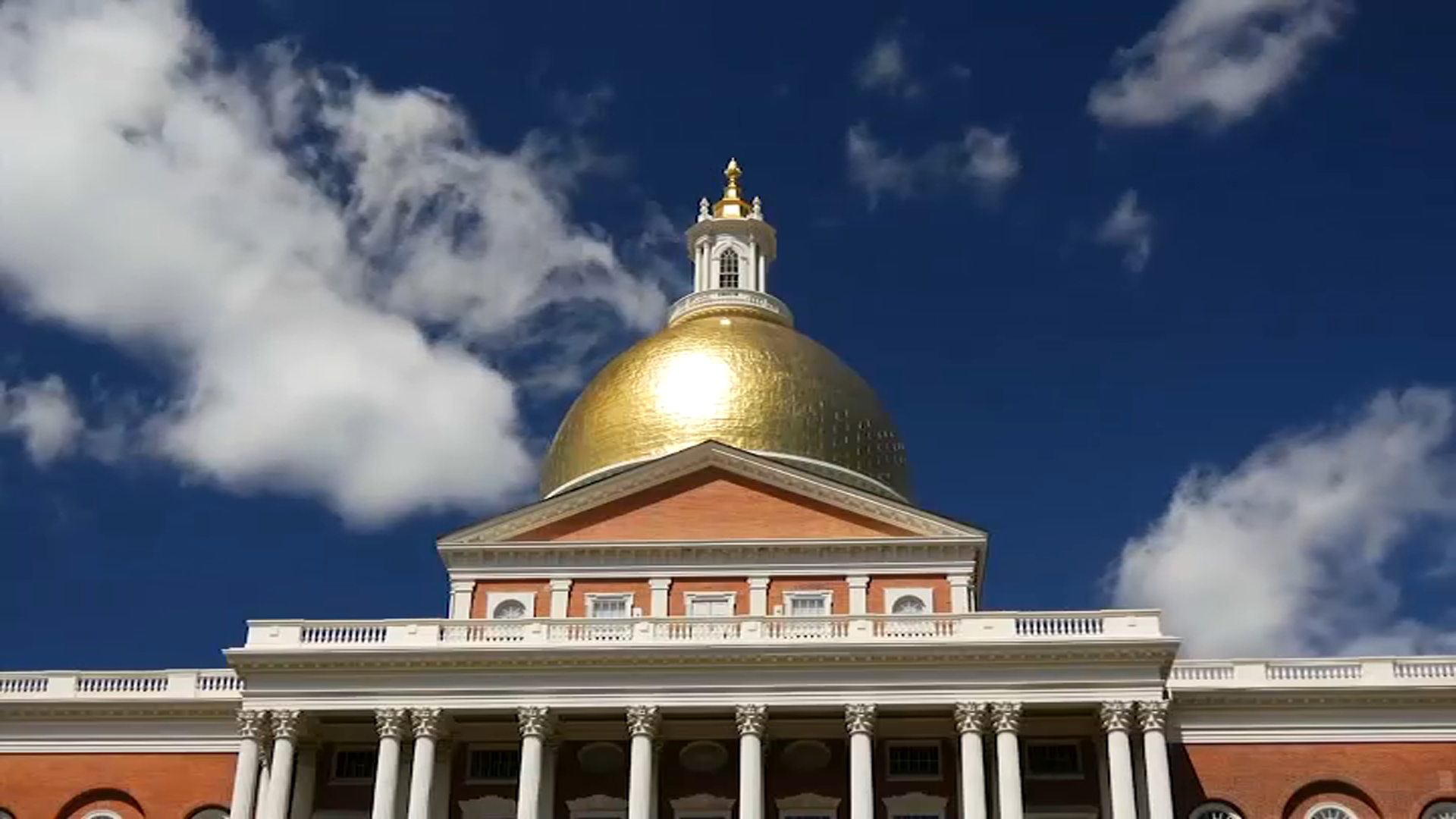A Vermont researcher is working to raise awareness of the need to protect animal species and their habits, calling them key indicators of the state’s environmental health.
“It’s just a beautiful and precious salamander,” Jim Andrews said of a yellow spotted salamander he and research assistants found Wednesday in a vernal pool in Craftsbury.
Andrews is a herpetologist—someone who studies reptiles and amphibians.
For a few decades now, he has been tracking the distribution of species in Vermont, strains or losses to habitats from construction, and how their behavior is shifting.
Climate change is affecting wood frogs and other species, Andrews said.
“On average, they’re emerging and starting to call a couple weeks earlier than they were just 20 years ago,” Andrews said of wood frogs. “And on average, the peak count of egg masses is, like, three days earlier than it was 20 years ago.”
While this was a snowy winter for Vermont, Andrews says he has been worrying if dramatic freeze-thaw-cycles could, long-term, hurt winter hibernation patterns of animals he considers critical to the wildlife food chain and forest ecosystems.
Local
In-depth news coverage of the Greater Boston Area.
To ensure more survive, each spring, Andrews enlists Vermonters to become crossing guards of sorts—helping amphibians migrating by the thousands in search of breeding pools.
Volunteers document hotspots and guide salamanders and frogs to safety on roads at night, so cars don’t squash them.
“I love just seeing the frogs and salamanders and feeling like I’m helping them out just a little bit,” volunteer amphibian crossing guard Monica Przyperhart told necn and NBC10 Boston’s Vermont affiliate, NBC 5 News, in April of 2018.
“It's a great cohesion—it’s how we survive together,” another volunteer, John Nuceder, told NBC 5 last year at a crossing site in Salisbury.
Transportation and conservation partnerships have even led to special accommodations, like an under-road tunnel in Monkton that gives the animals protected passage.
“We have to manage our land in a way that allows other species to coexist with us,” Andrews said.
The herpetologist promised to keep speaking up for Vermont’s amphibians, saying they deserve attention in the face of increased threats from humans—including from traffic.
“If they start disappearing, then we are not managing the planet in a way that in the long-term will allow us to survive,” Andrews told necn & NBC10 Boston.
Andrews asks drivers or property owners in areas home to significant crossings of frogs and salamanders to submit reports on migrations to the online Vermont Reptile & Amphibian Atlas.



